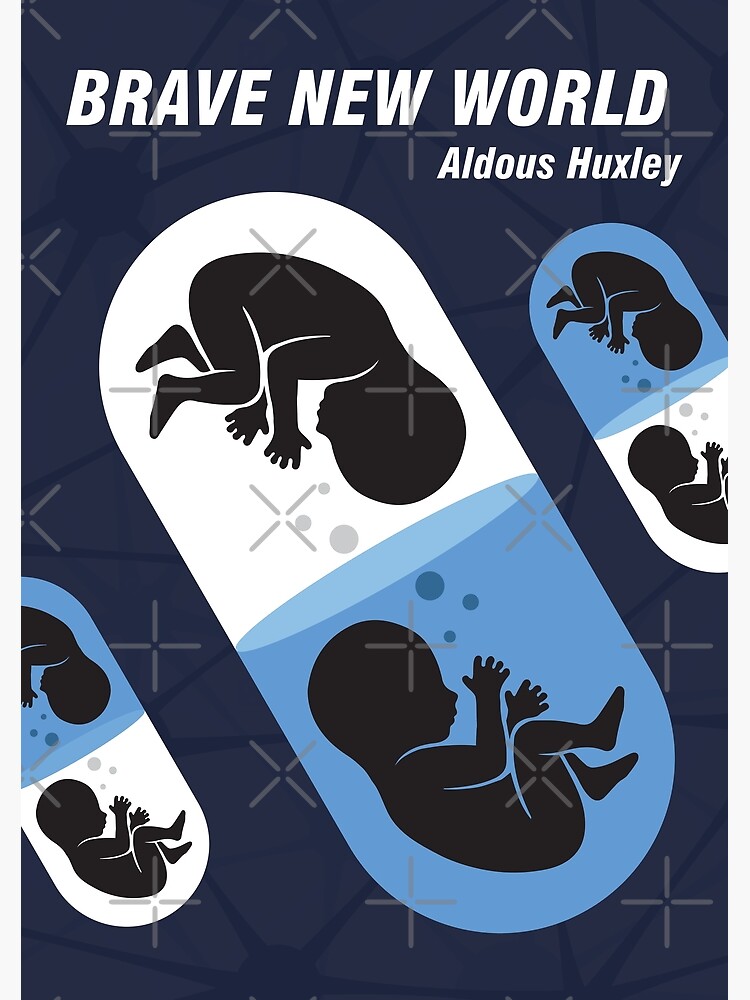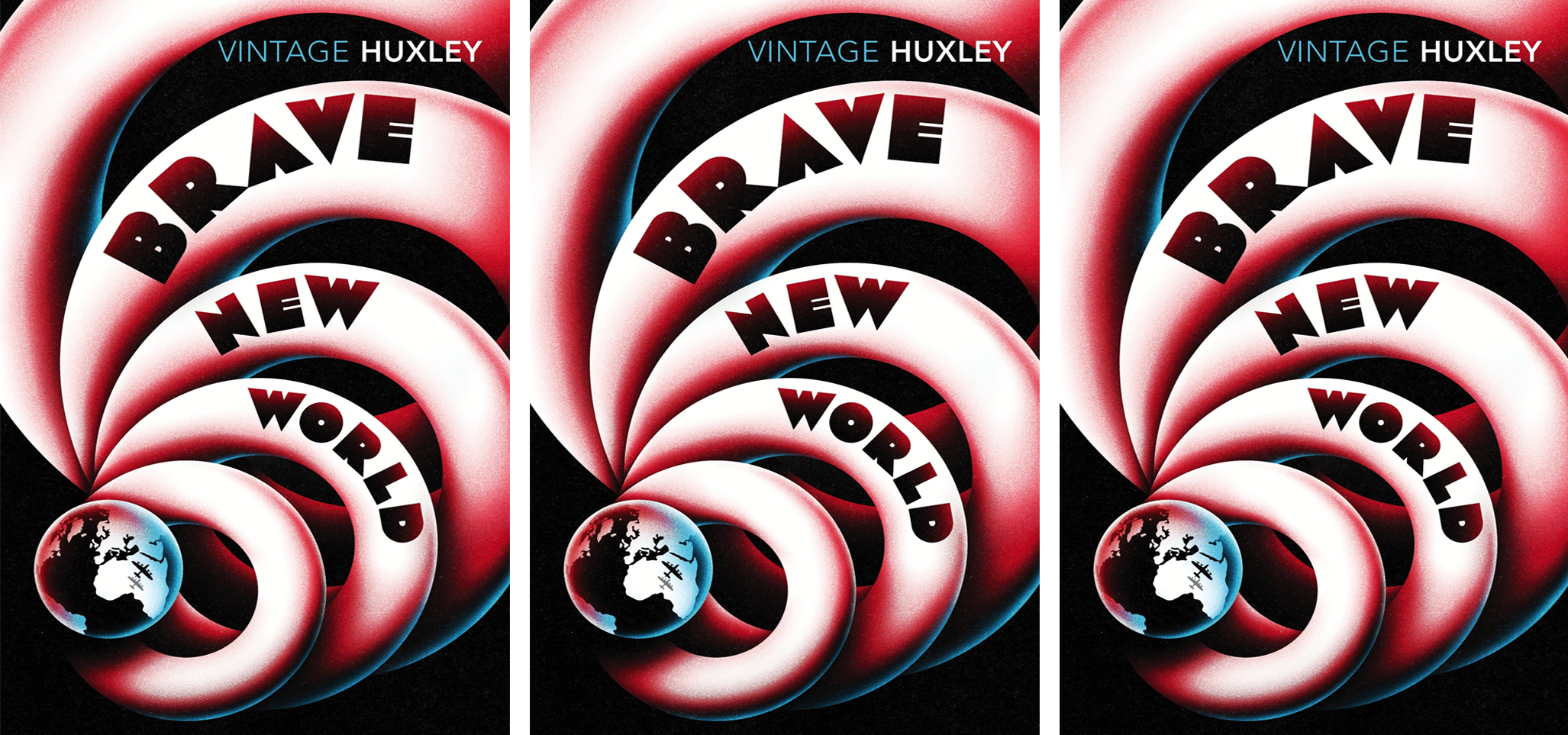

They are asking me to lay aside my old effort to tell the truth, as it is given to me by my own knowledge and judgment, in order to take up another art, which is that of public relations." They are not asking me for my most careful thoughts about what I have learned or experienced. "But I wonder," Berry continues in response to his friends' concerns, "if they have considered well enough what they have asked of me, which amounts to a radical revision of my calling. affirmed, obeyed, and suffered the need to defend his homeland and his people." He's also noted that General "Stonewall" Jackson "thought slavery immoral never owned a slave." And he is just about to delve deeper into the complexity of the Confederate cause. Lee as "one of the great tragic figures of our history," who "more prominently than anyone else. By this point in the book, Berry has described Confederate General Robert E. He says that "now that I am old"-Berry turned 88 on August 5-his friends feel "that I am at risk of some dire breach of political etiquette by feebleness of mind or some fit of ill-advised candor, and they would like me not to stir up trouble for myself."



"In conversations with friends peripheral to the making of this book over several years, I have received a number of warnings of the retribution that will surely follow any interest that I may show in understanding the Confederate soldiers, or any revelation of any sympathy that I may feel for any of them, for any reason," he writes just shy of the book's halfway point. "People of some experience and self-knowledge know that the contest between right and wrong is perennial in the soul of every human, and that right and wrong cannot be geographically divided." He recounts the collective advice in the pages of the new book that prompted it, The Need to Be Made Whole: Patriotism and the History of Prejudice, about race relations, the Civil War, and a whole bunch of other things that Berry has been writing about for decades.


 0 kommentar(er)
0 kommentar(er)
